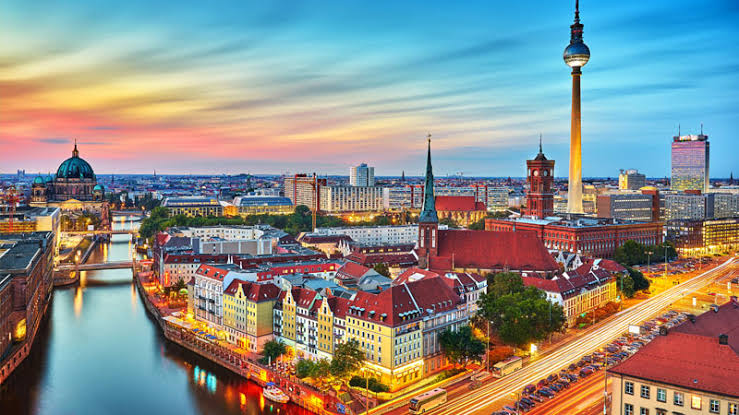Germany has taken a major step to welcome global talent by launching a new freelance visa aimed specifically at non-European Union nationals.
This initiative is part of the country’s broader strategy to attract skilled professionals, remote workers, and independent contractors from around the world.

With the rise of digital nomadism and self-employment, Germany’s move comes at a time when many countries are revising their immigration frameworks to adapt to the new working world.
The newly introduced visa streamlines the process for freelancers who wish to live and work in Germany. Unlike previous visa pathways that were often complicated and region-specific, this new visa offers a more straightforward route for creatives, IT professionals, writers, artists, consultants, and other freelancers to obtain legal residency while working independently.
One of the major highlights of this visa is its inclusivity—it is not limited to a specific industry. As long as the applicant can prove a viable freelance business, sufficient income or savings, and potential German clients or demand for their services, they may qualify. This makes it ideal for self-employed individuals who want to tap into Europe’s largest economy without the need for traditional employment.
Applicants must, however, meet certain eligibility criteria. These include proof of professional qualifications, a portfolio or work history, a business plan, financial sustainability (generally around €9,000–€10,000 per year), and, in some cases, health insurance and a local address in Germany. The visa typically grants a stay of up to three years, which can be extended or even lead to permanent residency under certain conditions.
The freelance visa also allows holders to legally invoice German clients, pay local taxes, and even access certain social benefits depending on their contribution. This not only protects freelancers from legal issues but also encourages long-term settlement and integration into the German economy. Unlike tourist or short-stay digital nomad visas, this new scheme is designed for professionals planning to build a stable freelance career in Germany.
This move by Germany reflects a growing trend among European countries to attract highly skilled, mobile workers who contribute economically without taking traditional jobs. Countries like Portugal, Spain, and Estonia have launched similar initiatives in recent years. However, Germany’s entry into this space, with its strong economy and infrastructure, is expected to set a new benchmark.
For many non-EU citizens, this visa opens doors to opportunities that were previously difficult to access. It also provides a legal way to live in Germany, network with clients across Europe, and enjoy a high standard of living. The cultural richness, affordable healthcare, strong internet, and efficient public transport make Germany an attractive base for freelancers.
With the new freelance visa now in place, non-European freelancers are encouraged to prepare their documents and apply through the German embassy or consulate in their home country. As global work continues to evolve, Germany is positioning itself as a hub not just for corporations, but also for the self-employed, creative, and independent minds of the world.
